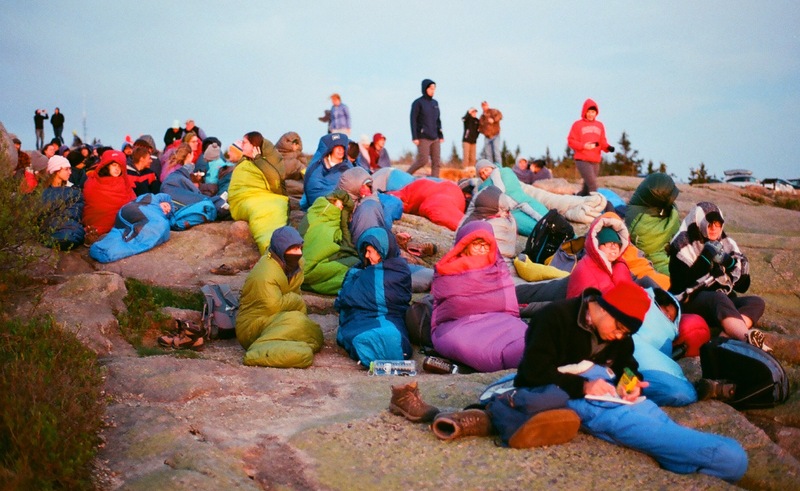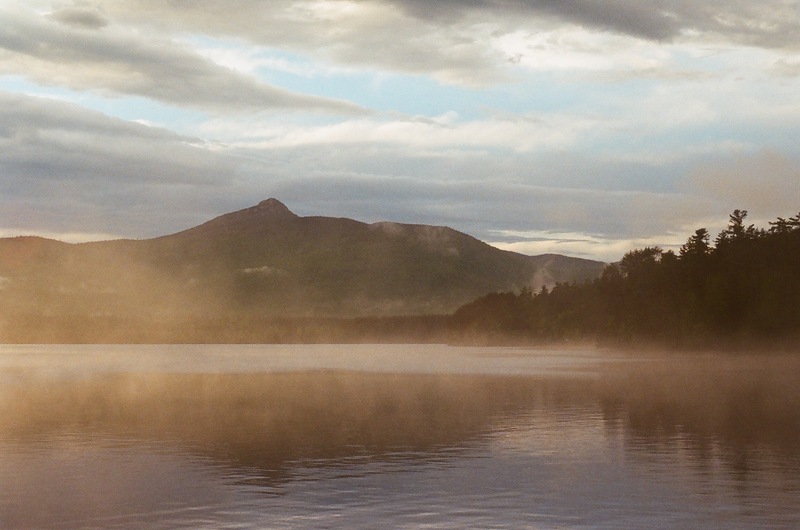History of NELP
The New England Literature Program is a University of Michigan academic program that takes place off campus, in the woods of New Hampshire, during the University’s annual Spring half-term. Students hand over their phones, computers, and other technological devices on the first day fo the program, committing to six-and-a-half weeks of immersive study with 40 other students and 13 instructors. The program, known as NELP for short, is taught by University faculty, and students earn nine credits of upper-level English coursework for completing the program.
NELP was established in 1975 by UM English professors Walter Clark and Alan Howes. According to Bruce Weber, former NELPer and current writer for the New York Times,
Walter's idea had been simple. A couple dozen students and two professors would live in the New England woods for six weeks and study the writers of the region, thereby infusing their reading with an immediate sense of place and bolstering their understanding of place with a sense of literary tradition. Thoreau, Emerson, Hawthorne, Dickinson and Frost led the syllabus. Beyond that, there would be organized climbing trips in the White Mountains -- a kind of unofficial seminar in woodsmanship. Observance of the natural world was to be encouraged with exercises like sending students on night walks without flashlights. Journal-writing was compulsory. (Weber, 2004).
Communal living is a key element of the experience at NELP, where students share and take care of living and common spaces together. From the get-go, NELPers are assigned to work groups that rotate scrubbing bathrooms, preparing meals, and cleaning common areas on camp. Rustic living and communal work are considered as integral to the program as the literature. Students are encouraged to ruminate on their work and their positions in the community as much as they are to perform and assume them.
More information regarding the New England Literature Program may be found on the program’s website, here.

